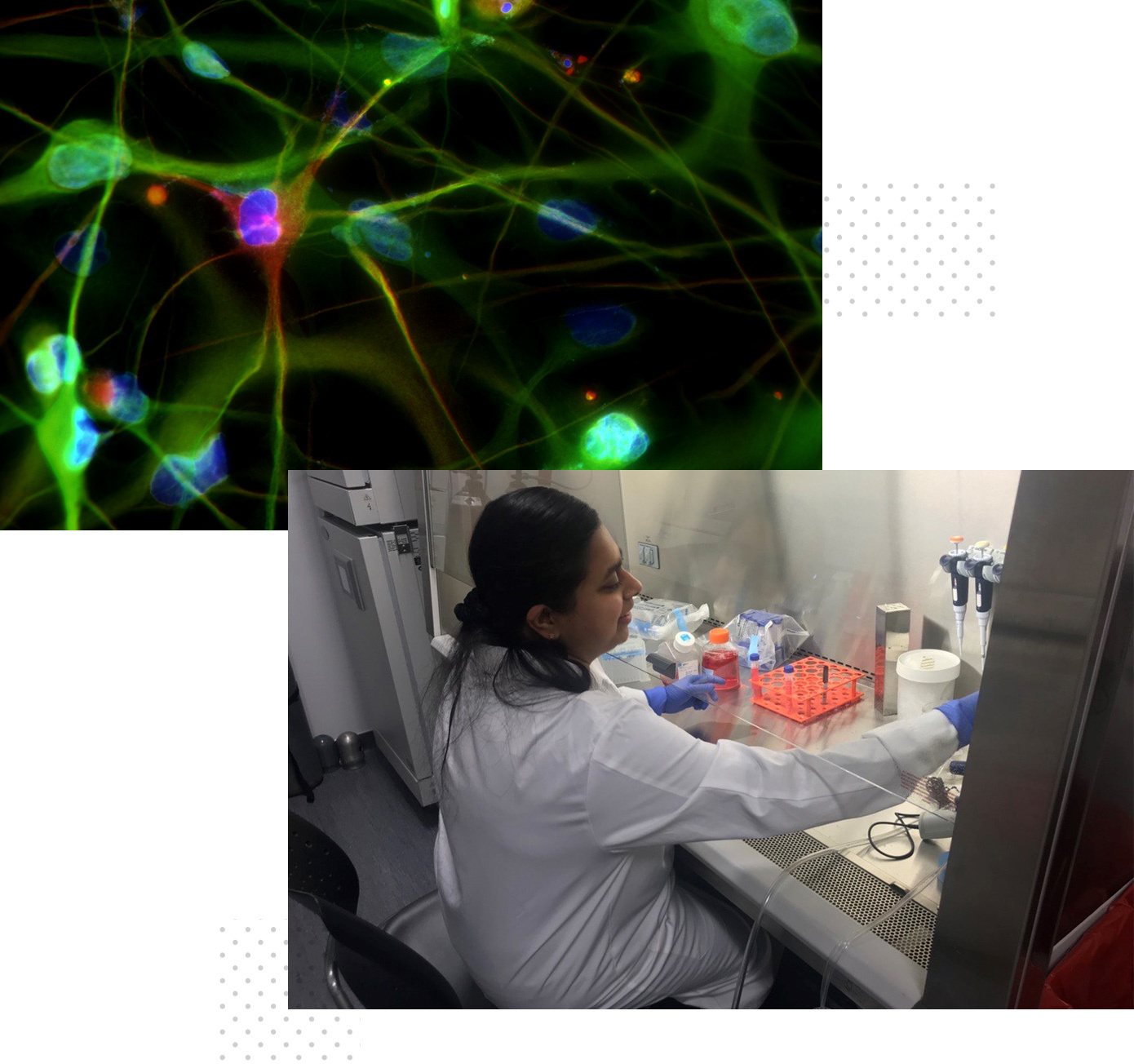Research in Neurosurgery

The Department of Neurosurgery’s commitment to advancing research that makes a difference in the lives of patients and families with neurological disorders is integral to achieve the central mission of excellence in clinical neurosurgery.
The department aims to catalyze the broad basic research and engineering expertise across the many schools of The University of Texas at Austin to address the many translational and clinical challenges of treating patients with disorders of the brain and spine, and to pursue care models that achieve high-quality, value-based, excellent outcomes.
Research Areas
Department faculty members created and are leading the following research interest groups that serve as interdisciplinary translational research hubs to catalyze campus-wide research collaborations and serve as forums to address challenges in neurological diseases.
Monthly meetings are held in the following topic areas:
- Brain Tumors
- Cerebrovascular Diseases
- Restoring Neurological Function
Highly collaborative research groups are advancing research into basic molecular biology of brain tumors and developing new therapeutic strategies for treating incurable brain tumors for adults and children. Department faculty members are highly engaged in training the next generation of researchers and working with colleagues in the Livestrong Cancer Institutes, College of Natural Sciences, Institute for Neurosciences and Institute for Cell and Molecular Biology to tackle the challenges of developing more effective treatments for brain tumor patients.
The department is involved in multi-institutional and cross-campus research efforts in advancing human brain-machine interface technology to restore neurological function. Major collaborators include the Cockrell School of Engineering and Moody College of Communications.